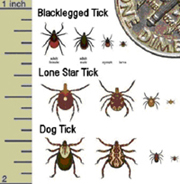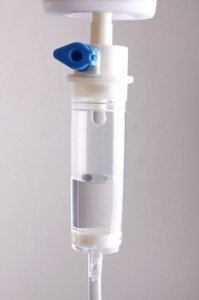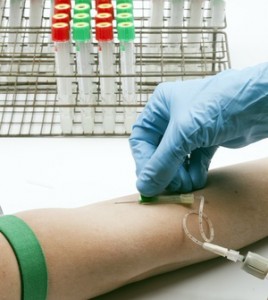In the two previous articles on Lyme disease we explained the importance of prevention and prompt treatment of early Lyme disease. What happens if an individual is not treated promptly?
Lyme disease is a bacterial infection transmitted by mostly the Deer tick. When a tick bites, it injects the individual with the Lyme disease bacteria. The bacteria travel through the skin and enter veins to circulate throughout the body and deposit it in specific target organs. These may include muscles, tendons and ligaments and joints, leading to the flu-like symptoms many individuals describe. If not treated or not cured at this early stage the final target organ of this germ is the Brain.
Unfortunately, there is no oral antibiotic that can cross the blood-brain effectively to kill this bacterium in the brain. This is the reason that oral antibiotic therapy for Lyme disease is not universally effective in treating early disease. If even a few bacteria get to the brain before oral antibiotic therapy is started, the individual will not be cured of Lyme disease and will develop a different presentation of Lyme disease called Late stage Lyme disease.
These individuals may in fact appear to get well from the initial oral antibiotic treatment, but somewhere within three months to a year after treatment may begin to develop new signs and symptoms. This may include more classic signs and symptoms such as swollen joints, but many will begin to experience more slowly progressive issues that may come and go. These may include fatigue, headaches, muscle and joint pains, Bell’s palsy, dizziness, memory problems, confusion, shooting pains, behavioral changes such as depression to name just a few. In fact Lyme disease has mimicked many other diseases.
Late stage Lyme disease, treatment requires the use of intravenous antibiotics as these are the only agents which can cross the brains’ blood-brain barrier at dosages which are adequate to kill the Lyme disease bacteria. Prior to embarking on this treatment the Physician should confirm that the individual is really infected with the Lyme disease bacterium. What we consider sound medical practice to achieve this goal will be described in next week’s installment.



